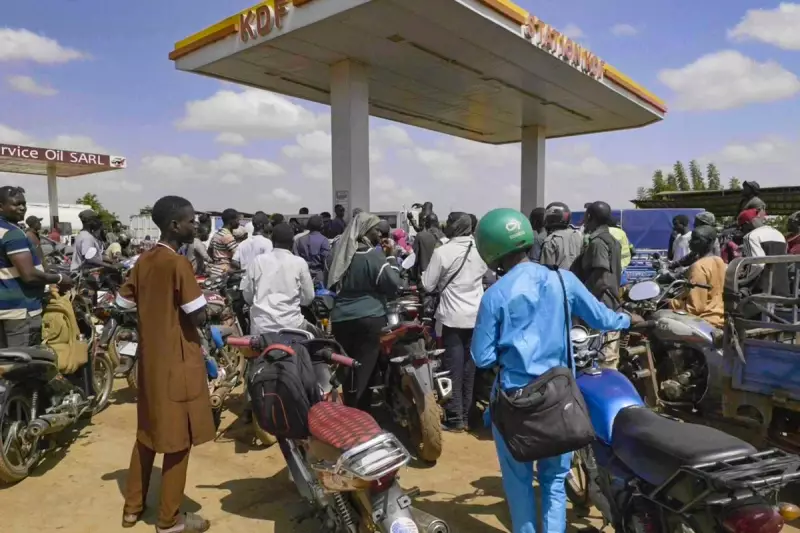
In a devastating blow to Mali's armed forces, Islamic State militants have claimed responsibility for a coordinated assault on a military base near the Niger border that killed dozens of soldiers and wounded many more.
Deadly Assault Rocks Mali's Security Forces
The attack targeted the military encampment in the town of Kati, approximately 15 kilometres from Mali's capital Bamako, on Tuesday. Local sources described scenes of chaos as militants overran the base with heavy weaponry and explosives.
According to security analysts, this represents one of the most significant attacks on Malian forces in recent memory, highlighting the growing boldness of jihadist groups operating in the volatile Sahel region.
Islamic State's Growing West African Presence
Islamic State's West Africa Province (ISWAP) has increasingly challenged the dominance of al-Qaeda-linked groups in the area. Their public claim of responsibility, circulated through their official channels, detailed their fighters' penetration of the base and seizure of military equipment.
"This attack demonstrates ISWAP's continued capacity to strike at the heart of Mali's security apparatus," noted Dr. Fatoumata Diallo, a regional security expert. "The proximity to the capital is particularly concerning and suggests their operational capabilities remain strong despite international counter-terrorism efforts."
Regional Security Crisis Deepens
The assault comes amid escalating violence across West Africa's Sahel region, where:
- Multiple jihadist factions operate with increasing impunity
- Military governments struggle to contain the spreading violence
- Civilian populations face daily threats from extremist groups
- International peacekeeping missions face growing challenges
Mali's military government, which seized power in a 2021 coup, has faced criticism over its handling of the security situation and its decision to expel French and UN peacekeeping forces.
Humanitarian Consequences Mount
Beyond the immediate military casualties, the ongoing violence has created a severe humanitarian crisis across the region. Millions have been displaced from their homes, and basic services have collapsed in many areas controlled by armed groups.
International aid organisations report that access to affected populations has become increasingly difficult, with humanitarian workers themselves becoming targets for kidnapping and violence.
The attack in Kati serves as a stark reminder that despite numerous international interventions and regional security initiatives, the threat from Islamist militant groups in West Africa continues to evolve and intensify.





